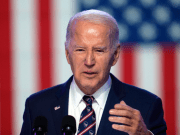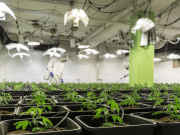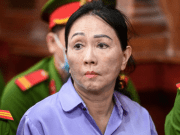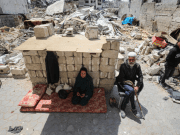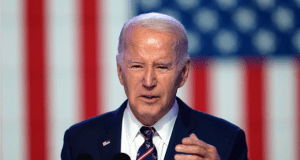As supply shortage for personal protective equipment and medical supplies continue to worsen globally, some Asian countries that manufacture these critical products have curbed exports to keep the stock needed to fight the coronavirus pandemic within their borders.
Marketplace.org claimed that more than 30 governments in the continent have imposed export bans on the much-needed protective gears like masks, ventilators and thermometers supplies began as early as January this year.
On January 24, the Taiwanese government ordered the prohibition of overseas shipment of face masks for a month and later extended the ban until the end of April.
This was followed by a ban on the export of all types of digital thermometer, infrared forehead thermometers, ear thermometers as well as infrared thermal imaging cameras from effective March 4.
Last month, the South Korean government also took full control over the export of face masks to cope with the supply shortage, replacing its earlier measure of allowing 10% outbound shipments of the country’s total production.
The officials have mandated the distribution of masks to all local pharmacies, post offices and stores accredited by the government.
“To distribute face masks swiftly and fairly to all citizens, the government has decided to fundamentally manage the entire process of production, logistics and distribution,” the Ministry of Economy and Finance and other agencies monitoring the COVID-19 outbreak said in a joint press release.
Beginning April 1, China has also restricted export of unlicensed medical supplies after it have received several complaints from international customers over the poor quality of products.
A number of Europeans who purchased Chinese-made test kits and other coronavirus-related products claimed that the items were defective, with test kits having only 30% accuracy.
Thus, China’s Ministry of Commerce, General Administration of Customs and the National Medical Products Administration jointly decided to restrict export of all unlicensed test kits, face masks, protective clothing, ventilators and infrared thermometers.
Local manufacturers were previously required to have CE accreditation to be able to sell in Europe but now they are already obliged to get certifications from the National Medical Products Administration (NMPA).
The Chinese government said it will investigate further why substandard products were distributed overseas.
Meanwhile, global experts and thousands of customers from other virus-stricken countries were deeply distressed by the restrictions as these only gum up the global supply chain amid the crisis.
Simon Evenett, an international trade professor at the University of St. Gallen in Switzerland who also founded the Global Trade Alert, said that the biggest losers in these bans are the poorest countries that don’t have the capacity to produce their own supplies to combat the deadly virus.
“So what we are doing? We are condemning lots of people to a painful and horrible death,” he said.


